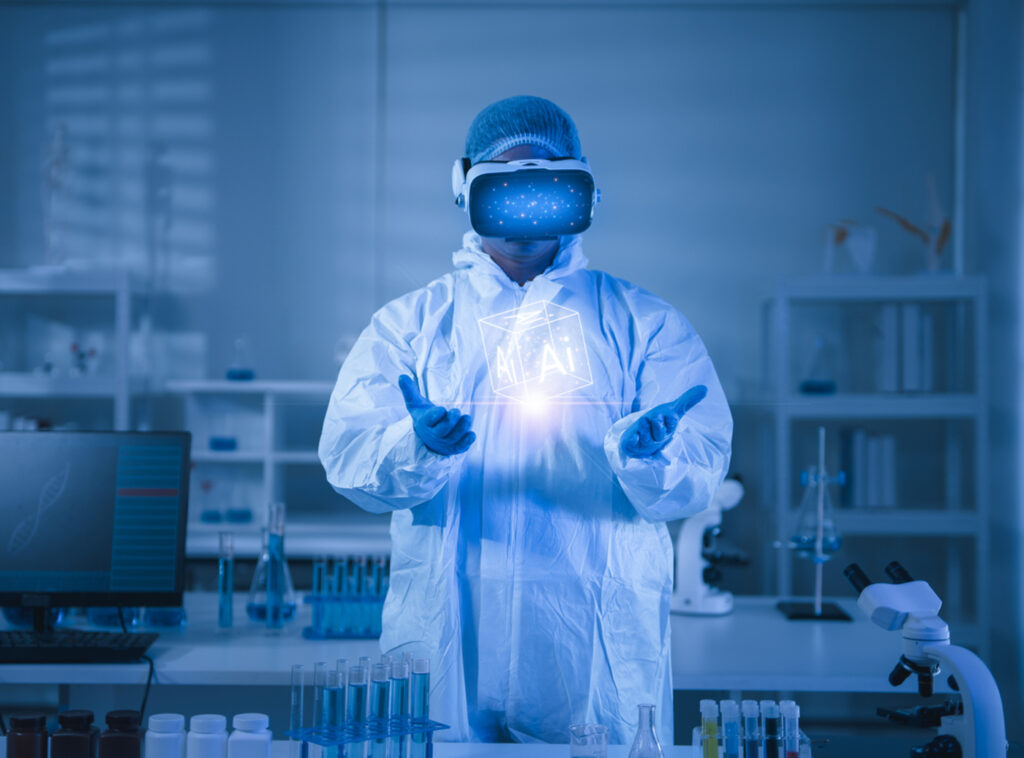In an age defined by the convergence of life sciences, artificial intelligence (AI), and information technology (IT), nations are rethinking how research ecosystems are structured. Serbia’s BIO4 Campus, now under development in Belgrade, represents one of Europe’s most ambitious attempts to integrate these fields into a single, collaborative innovation hub.
As described in Science for a Better Tomorrow by Jelena Begović, PhD, Minister of Science, Technological Development, and Innovation of Serbia, BIO4 is designed to embody the future of interdisciplinary research—where biotechnology, biomedicine, bioinformatics, and biodiversity collectively drive innovation.
The BIO4 Campus will serve as a comprehensive life sciences R&D complex—a “small scientific city” uniting seven faculties of the University of Belgrade, nine research institutes, a science and technology park, and dedicated R&D centers from leading biopharma companies. With over 4,000 students, 1,000 PhD holders, and 300 laboratories, the facility aims to cultivate a dynamic research environment that supports both fundamental science and translational innovation, all of which should improve bioprocessing.
Occupying 160,000 m2, BIO4 will be more than a collection of labs. It is designed to function as a bridge between academia and industry, promoting knowledge transfer, startup acceleration, and partnerships with global institutions. This integration is central to Serbia’s strategy of aligning its research infrastructure with the European Union’s innovation ecosystem, positioning the Balkans as a rising node within Europe’s scientific landscape.
Convergence as a catalyst for innovation
At its core, BIO4 reflects the convergence of four biosciences—biotechnology, biomedicine, bioinformatics, and biodiversity—enhanced through AI and data-driven discovery. This model encourages the emergence of new interdisciplinary fields, from computational genomics and synthetic biology to bio-AI-driven drug discovery and bioprocessing. By merging these disciplines, BIO4 aims to shorten the path from data to discovery and beyond, enabling faster responses to challenges in various disciplines.
AI and IT will play a pivotal role. The integration of machine learning with molecular biology allows researchers to analyze vast biological datasets, optimize experimental design, and uncover hidden relationships within complex biological systems. This synergy transforms the campus into a testbed for next-generation biotechnology, empowering both academic researchers and biotech startups to explore solutions to existing problems.
A global collaborative vision
BIO4 is not only a national project but a regional and international hub for scientific cooperation. By fostering collaborations between universities, startups, and global partners, it supports Serbia’s broader goal of advancing the European Research Area and strengthening scientific integration with the EU. Internationalization ensures that knowledge and innovation transcend borders, enabling participation in global research initiatives and expanding access to funding and expertise.
Ultimately, BIO4 embodies Serbia’s commitment to the bio-digital future—where biosciences, bioprocessing, and biotechnology converge to drive economic growth, innovation, and societal progress. As Begović emphasizes, “It is crucial for us to be active participants in the processes already shaping our future.” With BIO4, Serbia is positioning itself not only as a participant but as a catalyst for the next generation of biotechnology and AI-driven discovery.

